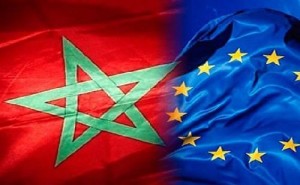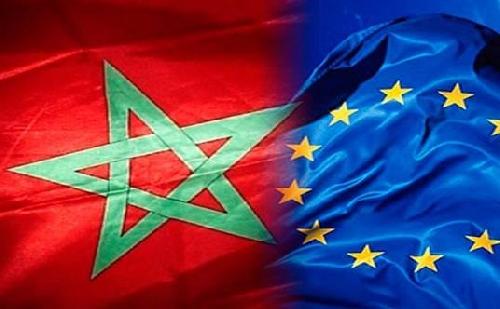Reuters
by Aziz El Yaakoubi

The European Union’s senior diplomat said on Friday the union disagrees with a court ruling invalidating its farm trade deal with Morocco and the accords with Rabat do not violate international law.
The EU has appealed a European Court decision announced on Dec. 10 to cancel the trade deal with Morocco in response to a suit filed by the Polisario Front, which wants independence for the Moroccan-controlled Western Sahara.
The complaint, brought to the court in 2012, involves trade of agricultural products, processed agricultural products and fisheries. The court said the deal should exclude the disputed territory of Western Sahara.
European Union Foreign Policy Chief Federica Mogherini made an unplanned visit to Rabat to calm tensions after Morocco said it had suspended contact with European Union institutions to protest against the court decision.
“The (European) Council disagrees with the ruling of Dec.10 … that is why an appeal has been lodged at the European Court,” Mogherini told reporters in a joint news conference with the Moroccan foreign minister.
“The EU remains convinced that their accords with Morocco do not violate international laws,” she added.
Mogherini said trade will not be affected by the ruling. An EU source had said that would remain the case while the ruling is being appealed.
Morocco has controlled most of Western Sahara since 1975 and claims sovereignty over the sparsely populated stretch of desert to its south, which has offshore fishing, phosphate reserves and oilfield potential.
Morocco’s annexation of Western Sahara prompted a rebellion by the Polisario Front backed by Morocco’s neighbour Algeria. The United Nations brokered a ceasefire in 1991, but talks have since failed to find a lasting settlement in Africa’s longest-running territorial dispute.
United Nations Secretary-General Ban Ki-moon is making his first visit to the region and said he is planning to restart negotiations between the Polisario independence movement and Morocco to resolve their conflict and allow refugees in Southern Algeria to return.
Rights groups such as Amnesty International and Human Rights Watch accuse Morocco of continuing to use excessive force against activists and repressing political freedom in Western Sahara. Rabat invests heavily there, hoping to calm social unrest and independence claims.
(Reporting by Aziz El Yaakoubi; Editing by Dominic Evans)







